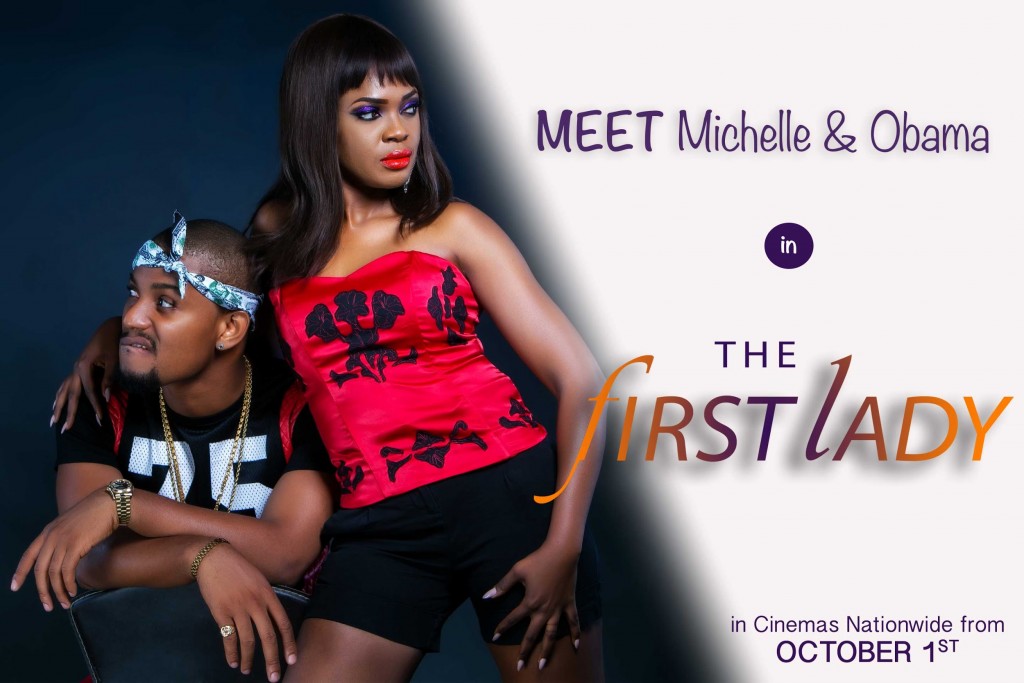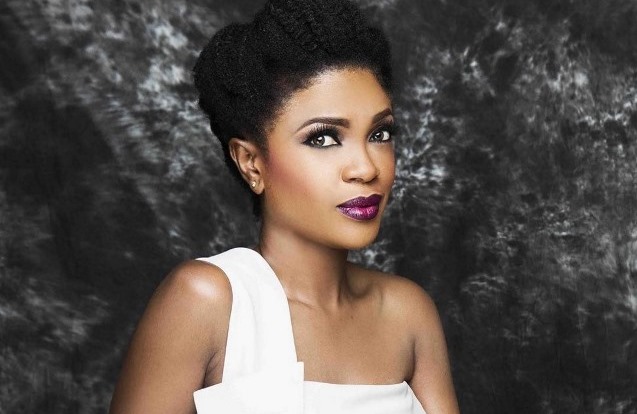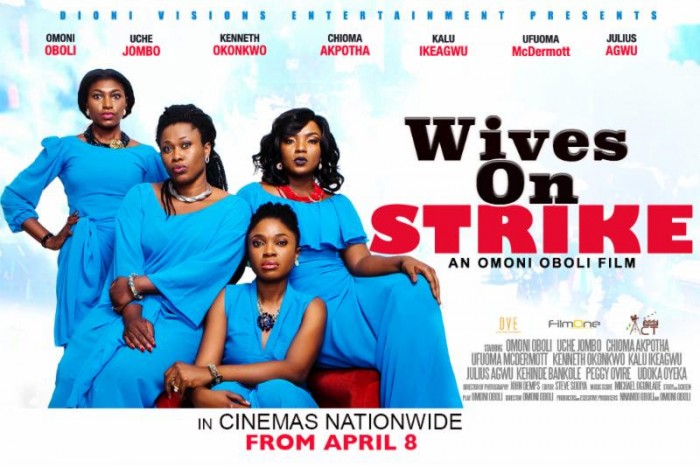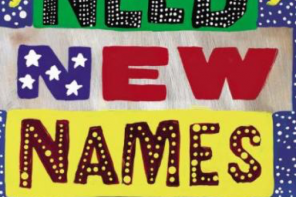She’s only 38 but is already a great name of Nollywood. Actress and producer, she produced several movies for Nollywood (Being Mrs Elliot, The First Lady, Wives on Strike and Okafor’s law, etc). Her talent was recognized at the latest Nollywood Week Festival in Paris. Multitasking woman, mother of three, her smile brightened the screen when she appeared with her braids, no make up on, to thank everybody for her public prize at the festival. We had a great pleasure interviewing her as she gets an enthusiast but lucid eye on the Nollywood industry.
If you had to describe Nollywood in three words, what would it be?
Dynamic, Resourceful and Progressive
Why did you choose to work in the movie industry?
Passion! I’ve always loved acting, and much of what I’m doing right now is what I’ve been doing since I was in primary and secondary school; acting, producing, scriptwriting and directing. I am fortunate to have seen the emergence of the industry back then with the release of the movie, ‘Living In Bondage’, which set the stage for what we now call Nollywood. It was impossible for me to work in any other industry after the platform was prepared. So in 1996, in my first year of university, I came to Lagos from school to try my hands out, and my talent was discovered then, and here we are.
What is your greatest difficulty in your work?
Nollywood has pretty much been individual efforts by ordinary Nigerians, using their own resources, to make movies they want, hoping to make a profit. So money is a challenge. When you’re working on a tight budget and you know that the movie would have been done better if you had more resources available to do even better but you don’t have it, it can be frustrating. Resources like money, conducive environments and locations for better picture and sound quality are our everyday challenges. But all these, have only served to make some of us even more determined, and also get rid of those who can’t stomach the hustle, because it is a real hustle.
 Do you think that Nollywood movies can reach the world?
Do you think that Nollywood movies can reach the world?
Nollywood movies have already reached the world. We see the welcome faces of new ‘converts’ daily in every country who tell us that they love what we’re doing, and it drives many of us to give even more of ourselves to the work so that we can bridge the gap between our movies and how it’s appreciated and the movies in other industries. So yes, I believe that our movies can reach the world even more because our stories and their execution are unique to us. With time we’ll offer the world an alternative perspective on storytelling, so that we can have more commercial success when we’re granted access to other mainstream cinema chains globally.
How can Nollywood conquer a new public and new movie theaters in the world?
By staying original. Rome wasn’t built in a day, and the more persistent we are with our work, the more professionally we deliver our storylines and the more those of us in Africa talk about and celebrate them, we can begin to enjoy even greater successes with our movies. Many of us are doing this already; trying to make movies that can be appreciated by all audiences, if given the opportunity to showcase them, and with time and with better exposure we can begin to see that shift towards higher demands for our movies in mainstream cinemas everywhere.
You won the public prize at the Nollywood Week in Paris. How does it feel to be recognized in a french speaking country for a movie with 80% of pidgin?
I was so elated! I couldn’t believe it! It’s always so good to be appreciated for doing what you love to do best. The pidgin English part of the movie was initially a concern for me, especially with a mostly non-English speaking audience, but like I said earlier, our originality will soon catch on with the rest of the world, and in presenting our stories, we must be realistic in the delivery of our content so that the message, stories, culture, body language and other nuances can give a fuller picture of the Nigerian experience to those who are foreign to it. I want people to go to our movies, and get lost in a different culture, just as we do when we watch Bollywood or Chinese movies, and see it as a different experience, instead of comparing it (in a bad way, since comparison is inevitable) with hollywood and what they already know. That is an award I cherish, because it shows that Nollywood can stay true to form and still get their message out there enough to make an impact globally.






